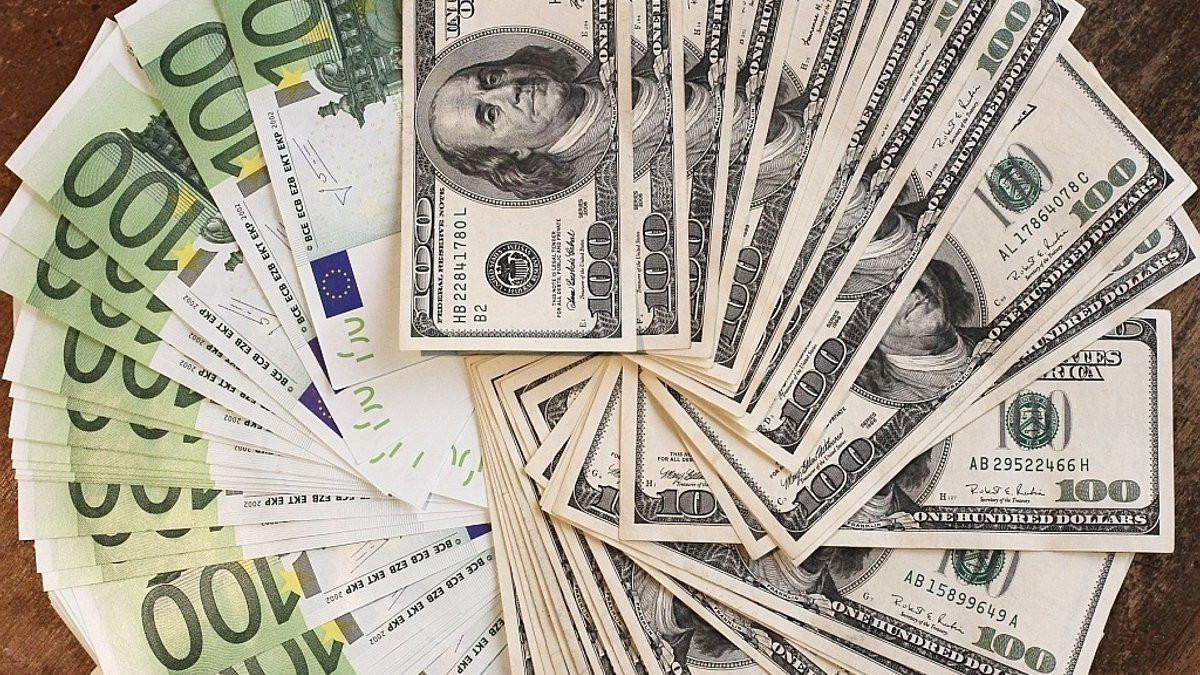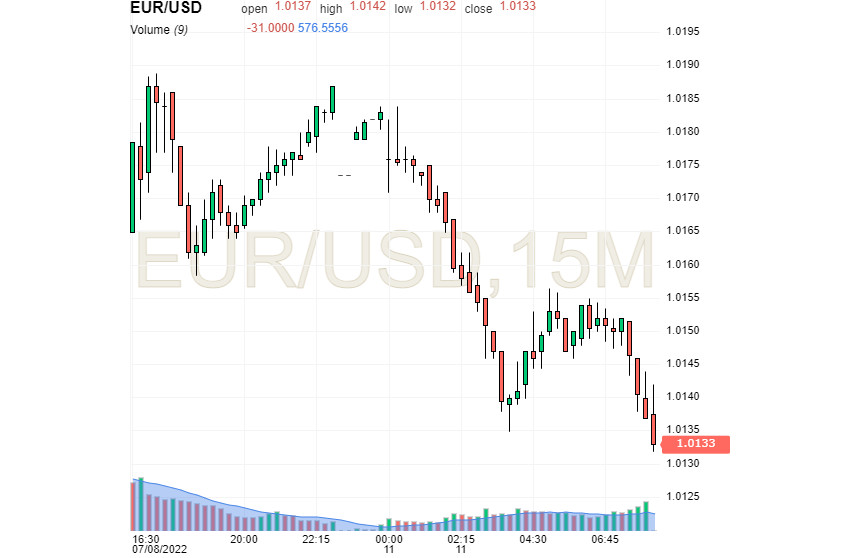
The US currency holds its leading position despite unfavorable forecasts. The dollar confidently beats the euro in a short run, leaving the latter at a loss in the face of skyrocketing inflation.
In the eurozone, the debate about the advisability of raising rates does not subside. Many European leaders doubt the effectiveness of this measure. According to Klaas Knot, a member of the European Central Bank's board of governors, the increase in interest rates could coincide with a slowdown in the eurozone economy in the coming months. According to Knot, ideally "we need to stimulate the economy while slowing down inflation," but this is impossible. The ECB will have to make a choice, and in this case it is aimed at reducing inflation.
In addition, the ECB representatives announced the development of a new effective tool to combat fragmentation. It is expected to complement the current mechanisms to suppress galloping inflation. Recall that at the beginning of the summer, the central bank accelerated work on a tool aimed at combating the fragmentation of the European debt market. The new mechanism is designed to eliminate the negative consequences in the event of a sharp reduction in the price of a number of European bonds after raising rates.
The ECB plans to raise the deposit rate by 0.25% in July. Earlier, at the June meeting, the ECB announced a possible increase in interest rates by 25 bp in a month, and in September the central bank expects an increase to 50 bp. According to European leaders, by the end of 2022 the inflation rate will slow down a bit, and by the beginning of 2024 it will approach the 2% target. At present, inflation is four times higher than this level, experts conclude.
The current situation weakens the euro, which is already far from stable. Recall that at the end of last week, the EUR/USD pair was closer than ever to parity, falling below 1.0100 for the first time in 20 years. On the technical chart, only 90 percentage points (pp) remained before the parity of both key currencies.
However, in the future, the euro managed to "steer". At the same time, the situation was partly resolved in its favor. In the face of a confident dollar, EUR is still losing, but is trying to "preserve its dignity". The EUR/USD first traded at 1.0500 on Monday morning, July 11, gradually gaining momentum, and then lost ground, falling to 1.033.

In the current difficult geopolitical situation associated with the Russian-Ukrainian conflict, the ECB is afraid to raise the rate and fight inflation at the same powerful pace as the Federal Reserve. This significantly weakens the euro's position against the greenback.
The US currency remains resilient to inflation and shows a rise of 12% since the beginning of this year. The dollar is supported by strong data on the US labor market and investors' fears about global economic growth. To date, the greenback has reaffirmed its status as a safe-haven currency, which is preferred by most market participants.
Strong macro data on the US labor market and wage reports suggest that the US economy is still firmly on its feet. According to data for June, published last Friday, July 8, the US economy added 372,000 jobs (excluding the agricultural sector). Current reports have exceeded experts' expectations. According to Wells Fargo analysts, a significant increase in the number of jobs does not allow us to declare a recession in the US economy. The current June jobs report is an important argument in favor of a 75 bp rate hike, which will take place at a meeting scheduled for July 27, according to Wells Fargo.
At the same time, the fight against high inflation remains the primary task for the Fed. However, the growing labor market is also an important part of the central bank's monetary policy, since the Fed is guided by its indicators. The June report demonstrates the strengthening of the US labor market and is a strong argument in favor of another 75 bp rate hike. At the same time, the dollar is in a better position than the euro, since the "impending disaster of the gas crisis" does not hang over it, economists at Commerzbank emphasize.





















